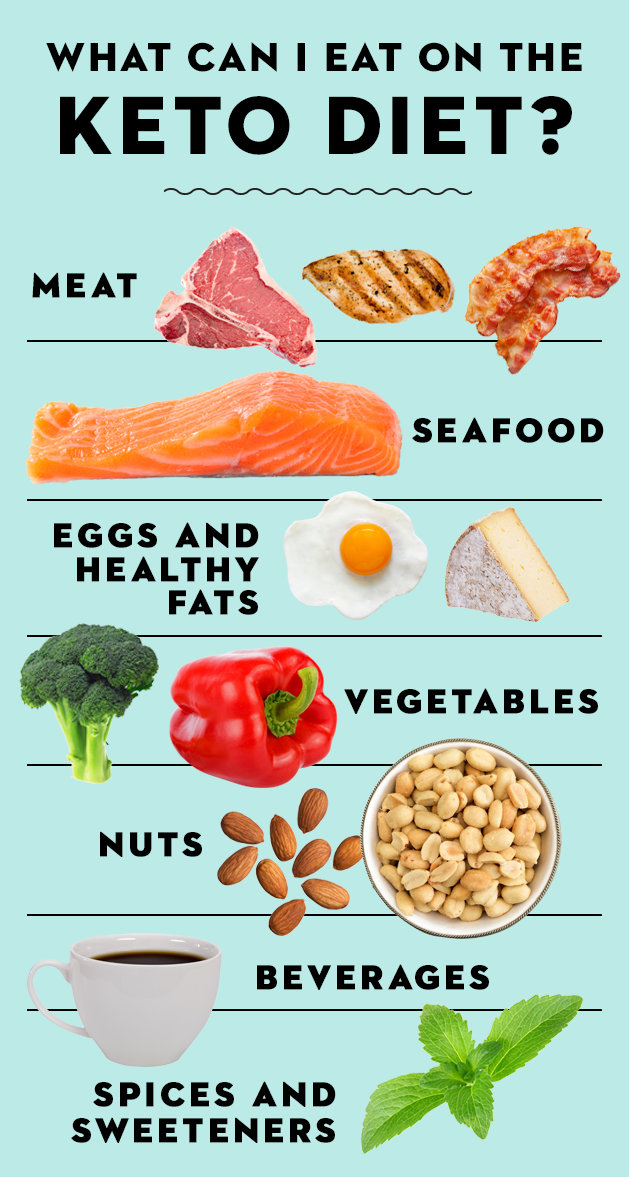The Sweet Life of Bettajelly
Exploring delicious recipes, fun food trends, and lifestyle tips that bring joy to your everyday.
Dieting Dilemmas: The Battle Between Cake and Kale
Discover the tasty tug-of-war between healthy kale and indulgent cake. Which side will win your dieting dilemmas? Dive in for delicious insights!
The Sweet Truth: How to Balance Indulgence and Nutrition
In today's fast-paced world, maintaining a healthy diet often feels like a balancing act between indulgence and nutrition. The key to achieving this balance lies in understanding that you don't have to deprive yourself of your favorite treats to lead a healthy lifestyle. By incorporating mindful eating practices, such as portion control and choosing nutrient-dense foods, you can enjoy the sweets you love without compromising your nutritional goals. Consider swapping out highly processed snacks for healthier alternatives, like dark chocolate or fruit-based desserts, which can satisfy your sweet tooth while providing beneficial nutrients.
Moreover, prioritizing balance doesn't mean you can't indulge occasionally. It’s essential to approach treats with a positive mindset. Embrace the idea that moderation is key. Instead of completely cutting out sugary items, allow yourself a small portion when cravings hit; this can prevent feelings of deprivation and encourage a more sustainable approach to healthy eating. As you develop your personal balance, remember to listen to your body and adjust as needed. For more insights on maintaining a healthy diet, visit Eat Right, where nutrition professionals offer evidence-based advice tailored to your lifestyle.

Kale vs. Cake: Which One Wins for Your Health?
When comparing Kale and Cake, it's essential to understand their nutritional profiles. Kale is a leafy green vegetable renowned for its health benefits. It is loaded with vitamins A, K, and C, and is a great source of antioxidants. Studies have shown that incorporating more leafy greens into your diet can reduce the risk of chronic diseases and promote overall well-being. For more information on the health benefits of kale, check out this Healthline article.
On the other hand, Cake is often viewed as a celebratory food, rich in sugars and fats that can lead to weight gain and health issues when consumed excessively. While it's perfectly acceptable to enjoy cake on special occasions, making it a regular part of your diet can negatively impact your health. Moderation is key, and opting for healthier dessert alternatives or incorporating fruits into your desserts can be a great way to enjoy sweet treats without compromising your wellness. For tips on healthier dessert options, visit this Eat This, Not That article.
Decoding Cravings: Strategies for Navigating Diet Dilemmas
Understanding the underlying causes of cravings is essential for effectively navigating diet dilemmas. Cravings can stem from various factors, including emotional triggers, nutritional deficiencies, and even habitual patterns. For instance, many people find themselves reaching for sugary snacks when feeling stressed or fatigued. To combat this, consider implementing mindfulness techniques such as meditation or deep breathing exercises. This can help you become more aware of your cravings and distinguish between physical hunger and emotional desire. For more insights, check out this article on emotional eating.
Once you have a grasp on your cravings, strategizing becomes key in overcoming dietary challenges. Start by keeping a food diary to track when and why you crave certain foods. Then, create a balanced meal plan that incorporates a variety of nutrients to help you feel satisfied. Experiment with healthy alternatives such as fruit or nuts when cravings hit, and consider timing your meals to prevent extreme hunger that may lead to unhealthy choices. To delve deeper into healthy alternatives, visit this page on nutrition facts.